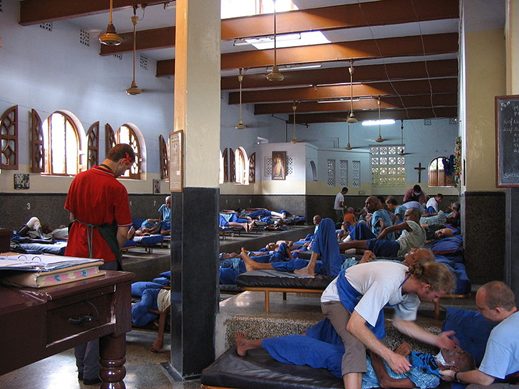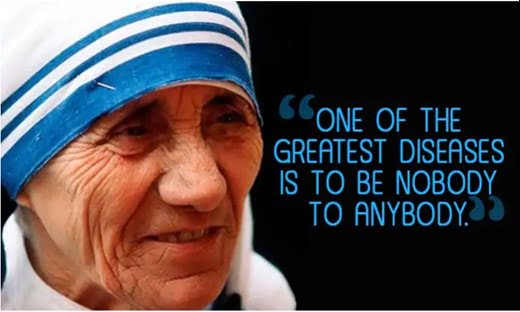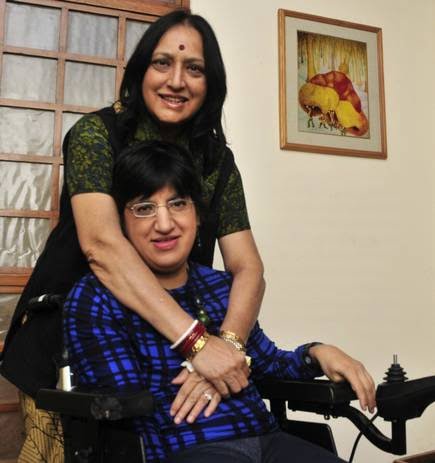“Would you tell me, please, which way I ought to go from here?”
“That depends a good deal on where you want to get to,” said the Cat.
“I don’t much care where,” said Alice.
“Then it doesn’t matter which way you go,” said the Cat.
“So long as I get SOMEWHERE,” Alice added as an explanation.
“Oh, you’re sure to do that,” said the Cat, “If you only walk long enough.”
– Lewis Carroll, Alice in Wonderland
Like Alice, I too reached that point in life on a rainy day at Calcutta in mid 1990s, when I had to take a decision that went on to change my life: I sold everything for a song and took recourse to premature retirement from a service that gave me all the trappings of a good life. Not that I had to, but I took the measured decision, much against the will of my mother, to return to my birthplace Cuttack and family, both of which I had missed since I left home at the tender age of nine. “There is always something to lose. But maybe more to gain,” said John Christopher in his book Beyond the Burning Lands; and I had mustered hope and courage in those lines, with my better half in consort, in taking my decision to fulfil my filial duties.
In pursuit of my enquiry into the dimensions of Caregiving and to a large extent to measure my own vulnerabilities then, before my departure homewards, I sought an interview with the ‘The Saint of the Gutters’, the exemplar of Caregiving, Mother Teresa. She took me in as a volunteer at the hallowed precincts of her Home for The Dying, Nirmal Hriday, at Calcutta where I was posted. My everyday interactions with The Mother at the evening prayers, where I shared with her my apprehensions, and the sight of the sisters with the blue-bordered sarees going about their jobs with equanimity and composure led me into a new pathway of introspection and self-discovery. Until the day of reckoning arrived: when in one of her evening prayers, Mother Teresa asked me to sit by her frail side, put her shriveled palm over my head as I held her other palm in mine, and in a whisper pronounced, “You can do it”: the simple four words were enough to resurrect a new being! What is left is a gifted rosary, a card signed by her with words of love and a lump in the throat as I recount those days. Caregiving, and I was ready.


My Mother, an otherwise very healthy lady, by then had been confined to the bed after a calamitous fall some years before that resulted in a broken hip. As times went by, despite all our efforts and multiple surgeries after, her condition progressively deteriorated that took the inevitable turn and the necessity arose for taking care of her daily needs. What better opportunity for me to rise to the occasion than this, the guilt of not having been able to contribute quality time and presence to her and to my family, in need over the years, I ruminated! And the Caregiver in me took a firm shape and determination. My pent-up wish and desire took fruition: my short stint at Nirmal Hriday had sealed all that.
It isn’t that I had not come across or was ignorant of the term ‘Caregiver’ and the accompanying nuances of the implications earlier. My ordainment had arrived through a chance conversation with a charming lady in the foyer of the Jehangir Art Gallery, Colaba, Bombay in 1980; who later turned out to be the Founder Chairperson of the Spastic Society of India (now ADAPT-Able Disabled All People Together), Mrs Mithu Alur. Confronted in 1966 with two choices of either to give up and let the negativities grow or to get up and fight, when doctors told Mithu that her one-year old daughter, who was diagnosed with acute cerebral palsy, had only 72 hours to live; Mithu rose to the challenge and became a Caregiver for her daughter, Malini Chib, who is today a spriteful 55 years; a disability activist, an award winning writer whose book One Little Finger (2010) was made into the movie, Margarita with a Straw (2015), starring Kalki Kolechin. It was only possible due to the undying Caregiving spirit of Mithu. Mithu, aided by the media, was possibly one of the first visible examples of the Caregiver who established the first institutionalised Caregiving organization in India. Surely, there must be many unsung heroes, who chose to remain hidden as they went about doing their duties in silence, as a Caretaker ought to be.

Times rolled by, our mother who was endearing to all the members of the extended family lived confined to her bed for 12 years after her unfortunate fall, as we as a family gathered to take care of her retinue of needs by ourselves, doing everything to help her retain her dignity and poise. Like the author JK Rowling said, “To the well-organized mind, death is but the next great adventure”; our mother too, who was perceived to be an example of perfectionism, conscientiousness and piety, passed away to face her next adventure, on the auspicious day of Janmashtami in 2003.
Epilogue:
A few days back/ 12 May, was the World Nursing Day, in remembrance of the angelic lady, Florence Nightingale, reverently addressed as ‘The Lady with the Lamp’. If Florence Nightingale epitomised and conceptualised the fine Art of Nursing, that later was institutionalised throughout the world; it will only be pertinent to mention that, in that illustrious lineage, Mother Teresa, ‘The Saint of the Gutters’ took Nursing to the totality of it in the form of Caregiving.
Today is the International Day of Families, a system since the ages that has dwelled as the most essential element of social solidarity and serene society. A family, as defined by the Encylopaedia Britannica, “Perhaps most important of all, it provides for emotional and psychological security, particularly through the warmth, love and companionship that living together generates, along with such humanitarian activities as caring for its members when they are sick or disabled”, immaculately surmises what a family is and should mean.
If we ponder deeply, we see a laden path from Nursing to Caregiving and on to the entire perspective of Family; albeit from Florence Nightingale to Mother Teresa and beyond. Family today stands at crossroads, as the world struggles to respond to the COVID-19 crisis. There is a real opportunity to rethink and transform the way our families must grow, reaffirm; both from within and beyond the boundaries to foster greater coming together of all, with a visionary roadmap of where we need to go.
(This article is dedicated to Rajalaxmi Padhi and Arnav Padhi, equal partners in the author’s Caregiving journey)
[This is the first article of a three-part series on Caregiving and Carereceiving]



